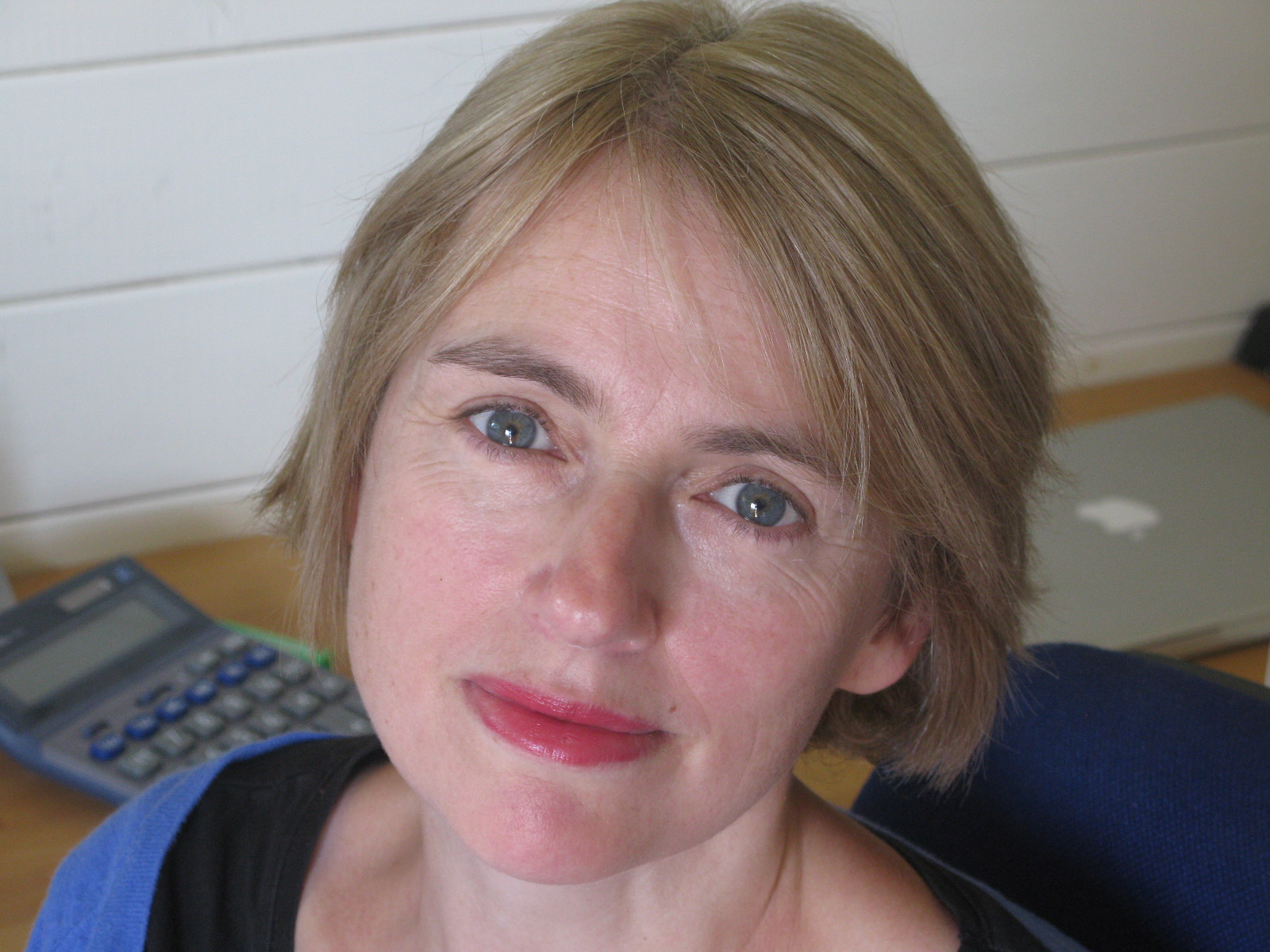Plenary One
Tracking research engagement through usage and discussion
“Impact” is wielded as both a technical term (with multiple definitions) and a political weapon by researchers, funders, institutions and other stakeholders. Often it is unclear in which use it is being deployed and much of the debate around its usefulness as a concept is one of semantics, not substance. I propose that impact can be understood broadly as the extent to which research outputs are used. This definition has value because it captures both definitions of economic impact and social impact, but also can include further research use, the form of impact that researchers themselves are most comfortable with. Further by defining impact as use and re-use we allow stakeholders the freedom to define which forms of re-use are important to them, to argue for the valuing of different forms of re-use and to define proxies for various forms of impact that serve their needs. Our increased ability to track the use of research online has made a much greater diversity of proxies available and by focussing on the forms of re-use that matter to us we can start to identify gaps and possible development paths to fill them. Ultimately by adopting the tracking of re-use as a simple framework to define impact we make it possible for all stakeholders to make it their own.
 Cameron Neylon is an experimental scientist with an interest in how the web can be effectively applied to the practice of science. He speaks and writes on the technical and social opportunities and issues that the internet brings to scholarly communication in general and the ways in which the detail of scientific process can be recorded and communicated in particular. His research work in this area has focused on the design and development of systems for capturing the research process at source and making it directly available on the web. He writes regularly on these issues as well as the challenges the web brings to traditional scientific practice at his blog, Science in the Open.
Cameron Neylon is an experimental scientist with an interest in how the web can be effectively applied to the practice of science. He speaks and writes on the technical and social opportunities and issues that the internet brings to scholarly communication in general and the ways in which the detail of scientific process can be recorded and communicated in particular. His research work in this area has focused on the design and development of systems for capturing the research process at source and making it directly available on the web. He writes regularly on these issues as well as the challenges the web brings to traditional scientific practice at his blog, Science in the Open.
****
Reporting using Editorial Manager
 Michael Hambloch studied Maths and Computer Science at the University of Cologne, Germany. Before joining Aries as a software consultant in October 2010, he worked in various IT capacities at Telegroup Deutschland GmbH, Primus Telecommunications Inc., Dextra Mobilfunk GmbH (A Division of The Caudwell Group) and DAGS Mobilfunk GmbH.
Michael Hambloch studied Maths and Computer Science at the University of Cologne, Germany. Before joining Aries as a software consultant in October 2010, he worked in various IT capacities at Telegroup Deutschland GmbH, Primus Telecommunications Inc., Dextra Mobilfunk GmbH (A Division of The Caudwell Group) and DAGS Mobilfunk GmbH.
He has a background in programming and reporting databases and in database design, SQL and php. Since he started programming in 2002, his primary focus has been developing applications (primarily for warehouse management and reporting). His other love is music and he has also been working as a self-employed musician since 1991.
****
Reporting using ScholarOne
 Branimir Bojic is an Implementation Project Manager with ScholarOne Thomson Reuters. He has been involved with various aspects of the Online Peer Review projects and programs for half a decade.
Branimir Bojic is an Implementation Project Manager with ScholarOne Thomson Reuters. He has been involved with various aspects of the Online Peer Review projects and programs for half a decade.
He worked initially with ScholarOne Support and Training, where he also co-taught Cognos reporting for ScholarOne University attendants, before moving to Implementation projects in 2010. Since then, he has been involved in the build of over 150 sites on the ScholarOne platform for various publishers. He also published an article in the ISMTE Newsletter on Cognos Reporting.
****
Revisiting your housekeeping
 Alice Ellingham founded Editorial Office Ltd (a UK based company offering peer review management services to societies and publishers) with Gill Smith in 2002. Prior to this, she was a Publishing Editor at Stockton Press (now NPG). Since founding Editorial Office, she has worked on many journals and a variety of peer review systems although now spends most of her time working with PLOS ONE.
Alice Ellingham founded Editorial Office Ltd (a UK based company offering peer review management services to societies and publishers) with Gill Smith in 2002. Prior to this, she was a Publishing Editor at Stockton Press (now NPG). Since founding Editorial Office, she has worked on many journals and a variety of peer review systems although now spends most of her time working with PLOS ONE.
She has also helped develop a Firefox extension that automatically tracks and records the user’s tasks which Editorial Office plans to rollout across all their contracts during 2014.